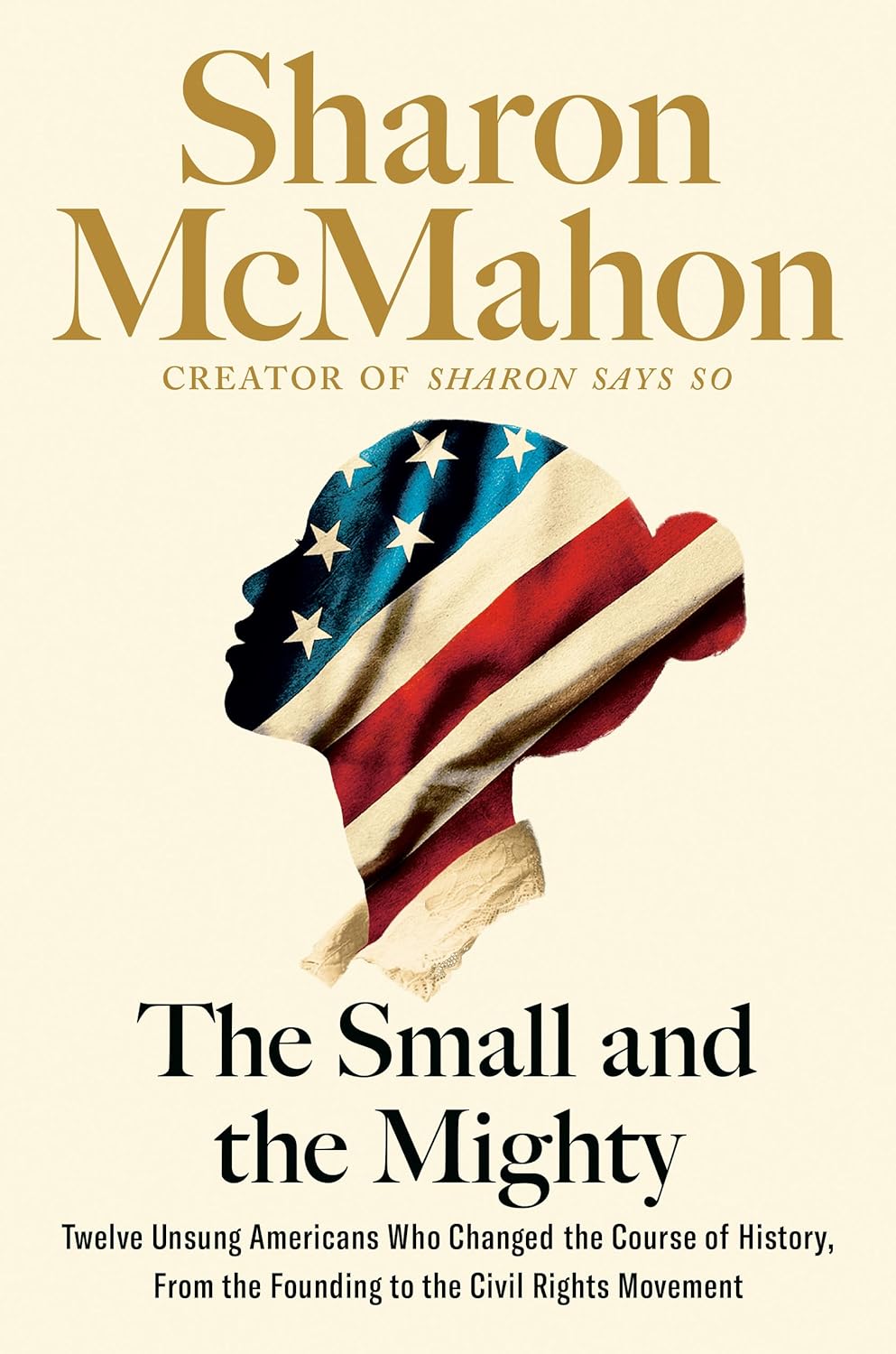Chapter 10: Maria de Lopez_California, 1911
byChapter 10 highlights the life and legacy of Maria Guadalupe Evangelina de Lopez, a pioneering figure in the early 20th-century women’s suffrage movement and a trailblazer for Latina women in education. Maria, known as Lupe to her friends, was born in the San Gabriel Valley of California, where her father, a Mexican immigrant, had settled after buying an adobe house near the historic San Gabriel Mission. Unlike many women of her time, Maria was highly educated, making her one of the first Latina professors at UCLA, where she taught Spanish and inspired her students to connect with their cultural heritage. Her upbringing was rooted in a rich cultural context, shaped by her father’s work as a blacksmith and the strong community bonds that defined her family’s life. Maria’s work extended beyond education; she became an advocate for women’s suffrage and social reform, striving to improve opportunities for women in a society that often marginalized their voices.
Throughout her life, Maria’s commitment to education and activism was clear. As a professor, she encouraged her students to explore their own heritage, ensuring they understood the importance of cultural pride in shaping their identities. Maria’s advocacy didn’t stop at the classroom door, however. After the death of her father in 1904, she returned to her childhood home in California, where she hosted holiday teas and social gatherings aimed at fostering a stronger sense of community. During this time, she also became actively involved in advocating for women’s suffrage, using her position to push for reform and change. Maria’s involvement in women’s clubs and political organizations was pivotal, as she worked diligently to elect the first female president of the California Teachers Association. She distributed pamphlets that questioned the delay of women’s right to vote and emphasized how both men and women needed to be included in the democratic process to achieve true equality.
Maria’s life was also marked by personal adventure and an unwavering desire to help her country. After the United States entered World War I, Maria traveled to New York to train as an ambulance mechanic, determined to contribute to the war effort. Not only did she pursue this training, but she also started studying aviation, eager to make sacrifices and serve on the front lines. By 1918, Maria had traveled to France, where she became an ambulance driver, offering her services during one of the most tumultuous times in modern history. While the world was embroiled in war, Maria and her team stood out for their bravery, running toward danger to deliver medical assistance to soldiers in need. Maria’s courage was not only admired by her peers but also earned her a commendation from the French government for her remarkable service. She had defied gender norms, choosing to risk her life alongside male soldiers, proving her worth as both a fighter and a compassionate caregiver.
Upon her return to the United States after the war, Maria continued to embody the values of courage, service, and education. She married a French professor and resumed her role as an educator, keeping her commitment to community alive. Maria’s family home became a place of learning, hosting individuals who sought to better understand history, culture, and the ongoing struggle for equality. Her contributions to the suffrage movement, combined with her work as a teacher and activist, ensured that her legacy lived on long after her passing. Through her work, Maria helped to break barriers for both women and Latinos, demonstrating that courage and determination can overcome even the most formidable societal constraints. Her story is one of perseverance, advocating for change in a world that was slow to embrace it, and her impact on both the women’s rights and Latino communities remains an essential part of history. Maria’s journey is a reminder that even in times of hardship, individuals have the power to spark transformation and inspire others to push for progress and equality.

